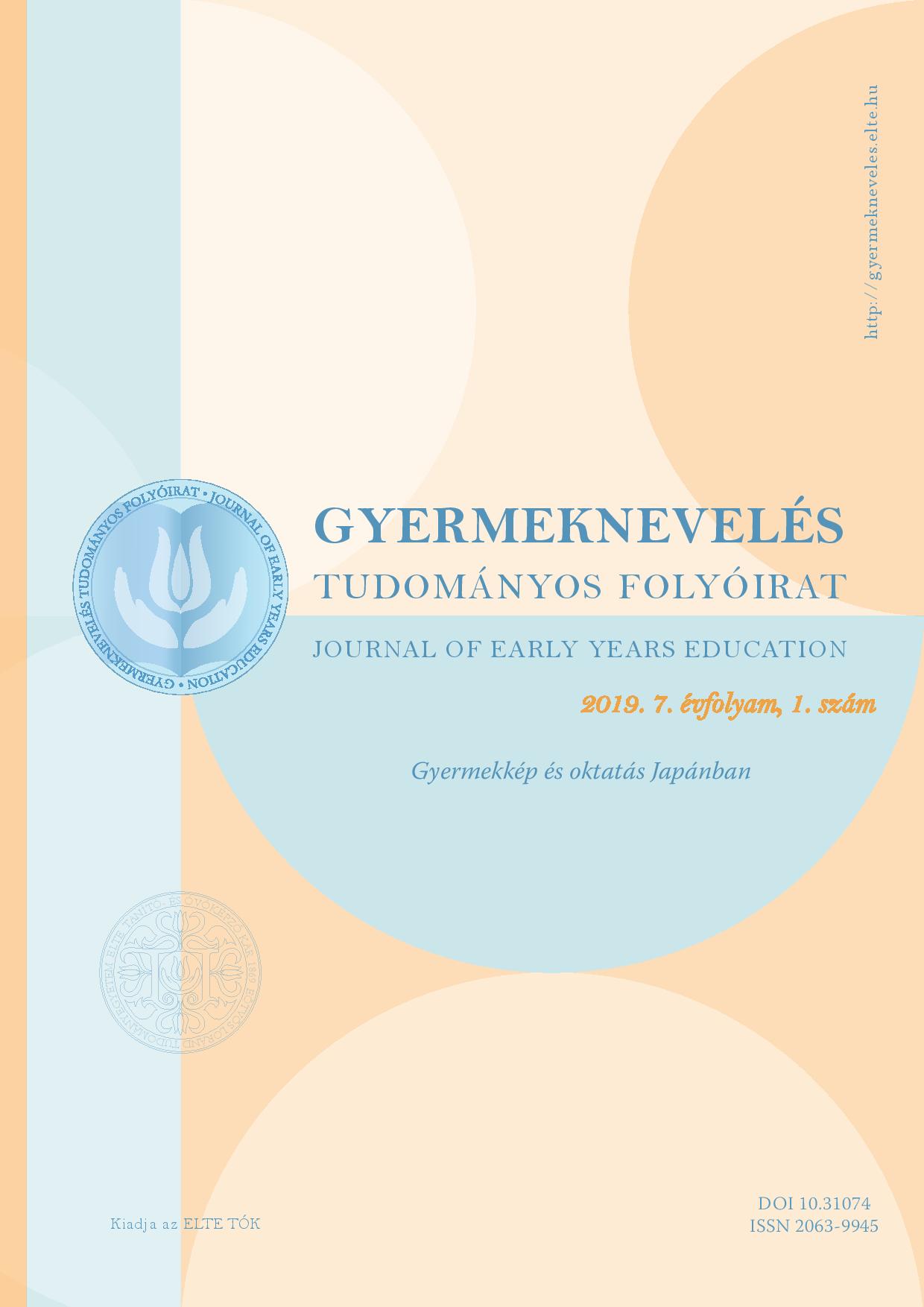Foreign language learning and information and communications technology among japanese students – case study on the development of intercultural communicative competence among japanese students
DOI:
https://doi.org/10.31074/gyn201919198Keywords:
foreign language learning, intercultural communicative competence, information and communications technology, willingness to communicate, JapanAbstract
The paper analyses how ICT-tools and the development of intercultural communicative competence (ICC) may help to overcome foreign language learning difficulties of Japanese students. It briefly introduces the foreign language education scene in Japan, the concepts of willingness to communicate and international posture as well as the expansion of ICT-tools in Japan and their language pedagogical aspects. Further, the authors present their own research conducted at the Hungarian Department of Osaka University. In this project, ICT-based teaching materials were developed by Hungarian teacher trainee students for the Japanese participants to develop their ICC. The research showed that the use of ICT-tools, the communication with native speakers and the cultural knowledge gained in the ICT-environment could all mean essential motivation for the Japanese language learners and these methods can effectively enhance their communication skills as well.
Downloads
Downloads
Published
How to Cite
Issue
Section
License
Copyright (c) 2019 Author

This work is licensed under a Creative Commons Attribution-NonCommercial-ShareAlike 4.0 International License.

